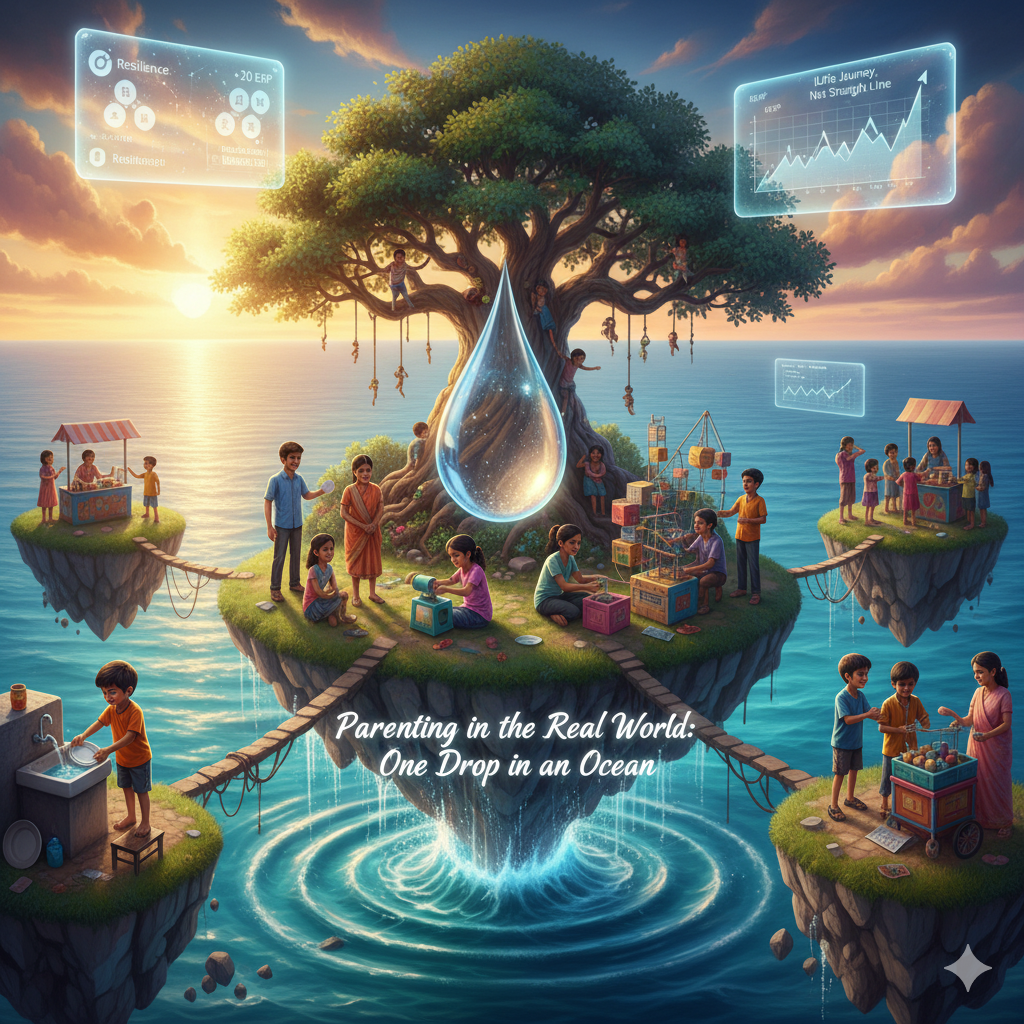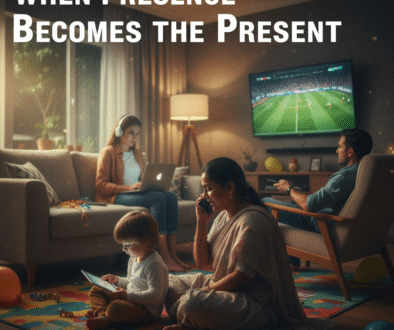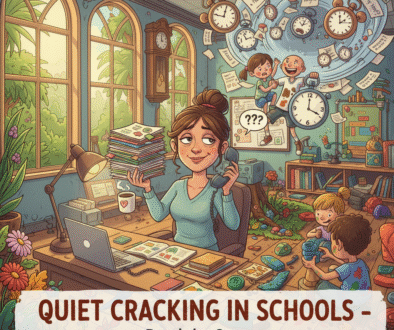
Parenting in the Real World: Courage, Independence, Resilience
Parenting in the Real World: One Drop in an Ocean
Parenting advice is like an ocean—endless, overwhelming, and sometimes totally impractical. I decided one day to just share one drop, based on my own experience. No books, no blogs, no manuals titled “How Not to Mess Up Your Kids”—just real life, intuition, and a few hard-earned lessons. I wanted to write this because I realized that, after years of raising my kids, certain things struck me so deeply that I had to put them down on paper. These are not rules, just reflections—moments that shaped how I raised them to be capable humans in a messy, unpredictable world.
When my kids were 2 or 3, they were already comfortable in the kitchen. Yes, toddlers using a mixer (under supervision, of course—I wasn’t completely crazy). They also stood patiently at the store counter, no shortcuts, no whining. Why? Because I made it normal. Cleaning their room, washing plates (however clumsily), waiting their turn—it wasn’t punishment; it was life. These small, everyday chores weren’t burdens—they were lessons in responsibility disguised as normalcy. I wanted them to understand early on that life isn’t all about convenience.
Then there was the food. Oh yes, the food! Sometimes I would pretend, or maybe not pretend, that I wasn’t cooking. “You don’t like what’s there? Deal with it.” Slowly, they learned to cook for themselves. Today, some of their dishes are better than mine! But the key was letting them do it themselves, preparing them for a future where they might need to cook, clean, study, work, and manage life—all on their own. It wasn’t about making them suffer—absolutely not. Life isn’t always convenient, and every situation, even an uncomfortable one, is a chance to learn. Managing life should be as natural as breathing in and out. When things aren’t okay, it’s okay. And when things are okay, embrace it wholeheartedly.
I remember one vivid lesson in courage, which I now call The Shop Story. My son was five, standing at a tiny corner booth in India, dwarfed by adults, trying to get the shopkeeper’s attention. No one noticed. My mama bear instincts kicked in—I wanted to swoop in and protect him. But later, I realized that my intervention had stolen a learning moment. The next time, I let him handle it. When someone tried to cut in line, he politely but firmly spoke up. The shopkeeper smiled, served him, and my son walked back proud. Not because he got what he wanted, but because he learned to stand up for himself. Tiny humans, big lessons.
Another moment, which I call The Printer Project, highlighted the value of independence. My child had to make a printer out of boxes for a school assignment. While other kids brought perfect creations that could have been displayed at an exhibition, my son carried his lopsided, crooked-box “printer.” It looked like… well, like a child made it. The paint was messy, buttons off-center, and nothing was symmetrical. But he was proud. He learned the joy of creating something on his own, the satisfaction of finishing a task independently, and the resilience to handle criticism. Marks didn’t matter; the process did. And that, I realized, was worth far more than a perfect score.
By the time they became teenagers, everything had been set in place. They knew life had no shortcuts. Projects, exams, competition—it’s tough. But they also knew I was there for support, without hovering like a hammer over their heads. No fear-mongering, no panic—just guidance, trust, and space to grow. Did they get 100% marks? Nope. But honestly, who cares? Most perfect-score kids now survive in 8-to-6 jobs, working for survival money. What matters is confidence: the ability to handle life, face challenges, and enjoy the journey with all its ups and downs. Compete only with yourself. Someone will always be better, someone worse. The real challenge is enjoying the ride, embracing failures, and moving forward.
Life is a bumpy ride, not a smooth road. Life is unfair sometimes, yes, but it’s also full of opportunities. When you hit a rough patch, why stay stuck? Keep moving. Doors close, others open. Staying shut inside your fears won’t get you anywhere. That’s why I wanted my kids to be strong enough to fight their battles, not run from them. Mistakes happen—face them. Problems arise—solve them. Truth hurts—speak it anyway. My goal was to raise people who could take responsibility, not cowards who twist the truth and blame others.
So yes, my kids didn’t have perfect projects or top marks, but they learned what really matters: how to handle challenges, regulate emotions, and keep moving forward. Life isn’t about perfect scores or competing with others—it’s about building resilience, independence, and self-pride. Fall forward. Swim to shore when needed. Life will knock you down, but they must learn to get back up—not drown in fear or self-pity.
So that’s my parenting “drop” in this ocean of advice. Take it, leave it, or laugh at it—it’s your choice. But if nothing else, remember this: we’re raising humans, not trophies. Pride comes from self-worth, not just making others proud.


